Germany
Welcome to Germany, a country renowned for its rich history, breathtaking landscapes, and vibrant cities. If you are planning your inaugural trip to this enchanting nation, then this introductory guide is tailor-made for you. Within this comprehensive guide, we will furnish you with all the vital information to ensure an unforgettable journey.
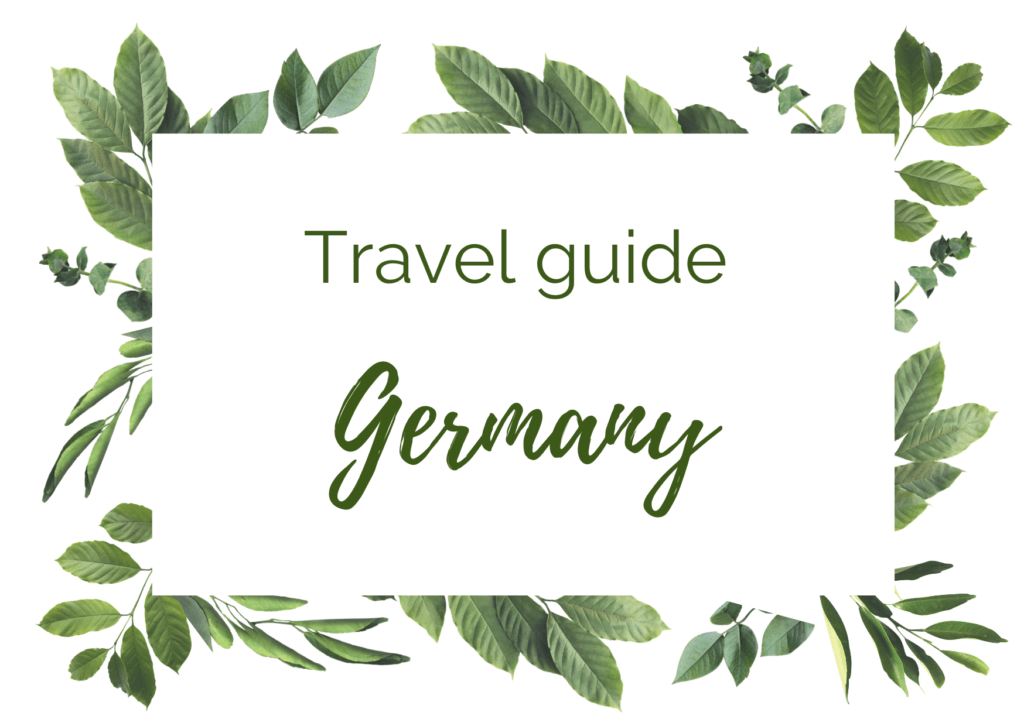
Short history of Germany
Germany is officially known as the Federal Republic of Germany. The country is located in central-western Europe. It shares borders with Denmark to the north, Poland and the Czech Republic to the east, Austria and Switzerland to the south, France and Luxembourg to the west, and Belgium and the Netherlands to the northwest. With a population of over 83 million people, it is the most populous country in the European Union. The country is the second most popular migration destination in the world after the United States.
Germany has a rich and complex history that dates back thousands of years. The earliest evidence of human presence in Germany can be traced back to around 600,000 BC when tribes from Africa and Central Asia settled in the region. Throughout its history, Germany has been home to various tribes, kingdoms, and empires, each leaving their mark on the country’s culture and development.
In the 10th century AD, the Holy Roman Empire was established in what is now Germany, becoming one of the most powerful political entities in Europe. However, after its disintegration in the 16th century, Germany was divided into hundreds of smaller states and territories, leading to years of political instability.
In the late 19th century, Germany experienced a period of rapid industrialization and economic growth, becoming one of the world’s leading powers. This rise in power also led to increasing tensions with other European nations, ultimately resulting in World War I.
After the devastating consequences of World War I, Germany was forced to accept the Treaty of Versailles, which imposed harsh penalties and restrictions on the country. This eventually led to the rise of Adolf Hitler and the Nazi party in the 1930s, leading to World War II.
Following Germany’s defeat in World War II, the country was divided into two separate nations: East Germany under Soviet control and West Germany under Allied control. In 1990, after the fall of the Berlin Wall, Germany was reunified as a democratic nation.
Today, Germany is a thriving country known for its economic success, advanced technology and innovation, and rich cultural heritage. It is also one of the most popular destinations for immigrants worldwide, with over 10 million immigrants currently residing in the country.
Germany’s strong economy and political stability have also made it a prominent player in international affairs, with active involvement in the European Union and other global organizations. It is also a leader in renewable energy and sustainable development efforts.
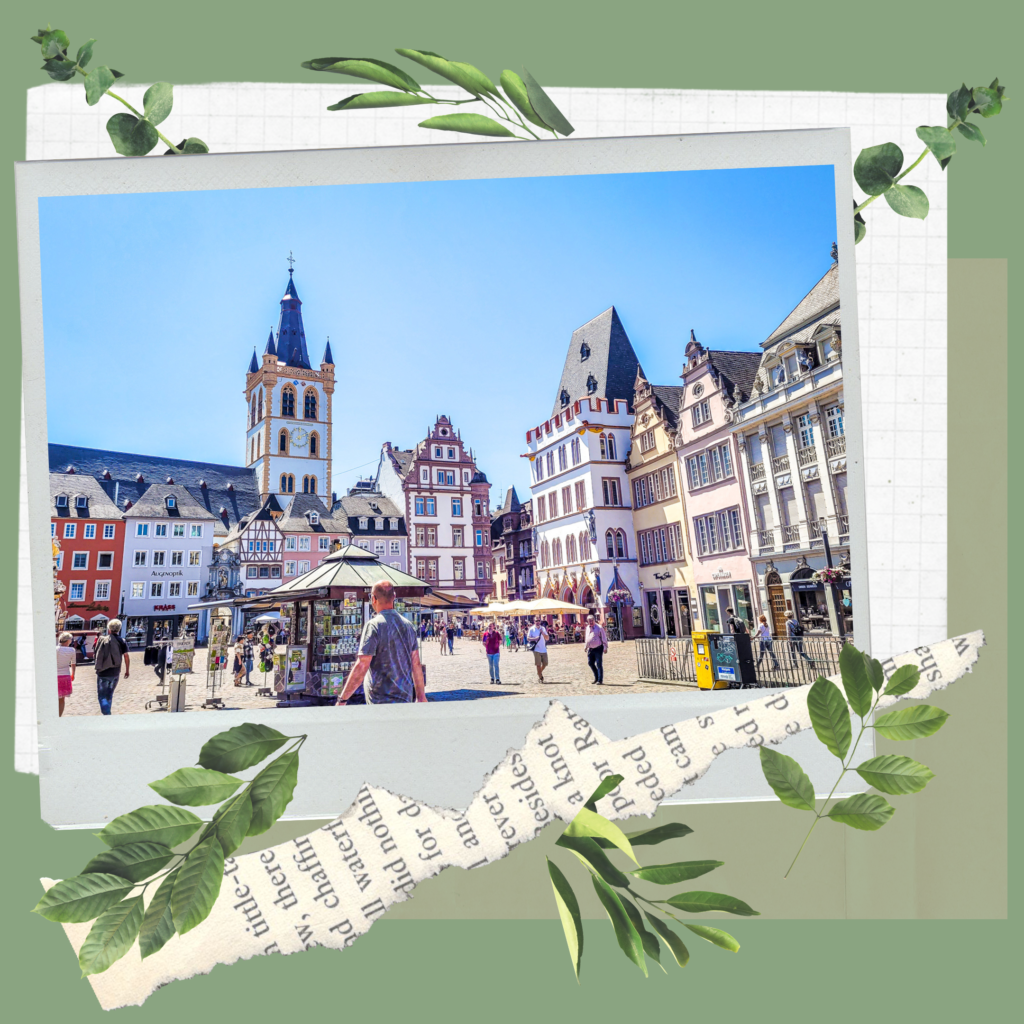
Interesting places to visit
Germany is a country rich in history and culture, making it a popular destination for travellers from all over the world. From its charming medieval towns to its breathtaking natural wonders, there is no shortage of interesting places to visit in this European gem.
Historical Cities
One of the must-visit destinations in Germany are its historical cities. Berlin, the capital city, is known for its modern architecture and vibrant culture. Visitors can explore iconic landmarks such as the Brandenburg Gate and the remnants of the Berlin Wall. Other cities that offer a glimpse into Germany’s past include Munich, with its stunning architecture and famous Oktoberfest celebration. Nuremberg is home to the historic Nazi rally grounds.
UNESCO Sites
Germany is home to 52 UNESCO World Heritage Sites, showcasing its diverse history and natural beauty. These include the stunning Cologne Cathedral, the Roman monuments in Trier, and the picturesque town of Rothenburg ob der Tauber. Visitors can also explore the iconic palaces and gardens of Potsdam, or take a trip back in time at the impressive Limes Germanicus, a Roman defensive wall that stretches for miles across the country.
Castles
No trip to Germany would be complete without visiting its famed castles. The most famous of these is Neuschwanstein Castle, inspiring Disney’s Sleeping Beauty castle with its breathtaking views and fairytale-like architecture. Other noteworthy castles include the medieval Burg Eltz in the Moselle Valley and the picturesque Heidelberg Castle, known for its stunning Renaissance architecture.
Outdoor Adventures
Germany is also a nature-lover’s paradise. The Black Forest, located in the southwest region of the country, offers endless opportunities for hiking, biking, and skiing. Visitors can also admire the natural wonders of Saxon Switzerland National Park or take a cruise along the scenic Rhine River. You can also witness the spectacular blooming of cherry blossoms in Bonn’s Heerstrasse every spring.
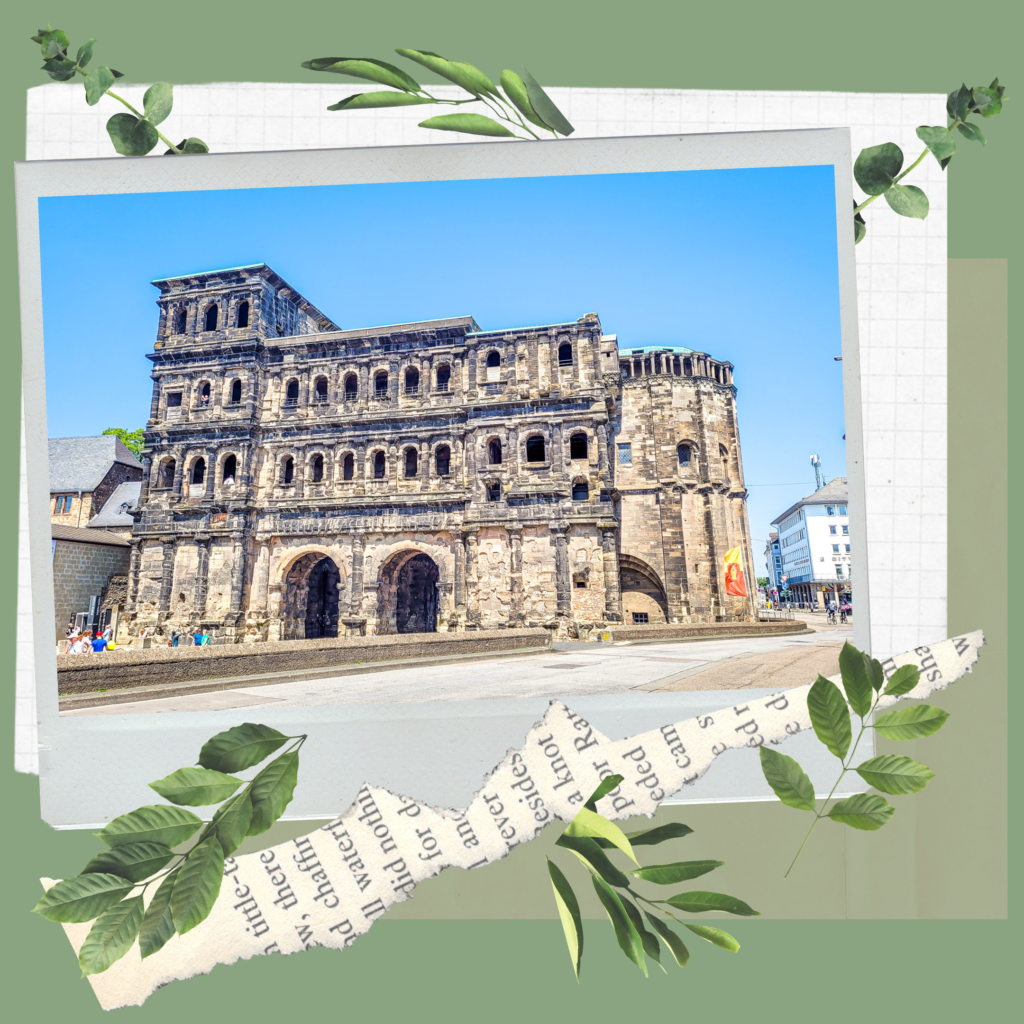
Festivals
Germany has many festivals and holidays celebrated throughout the year. From traditional religious events to secular celebrations. There is always something happening in Germany that will peak your interest.
Oktoberfest
One of the most well-known festivals in Germany is Oktoberfest. It takes place in Munich every year. It is the world’s largest beer festival and attracts millions of visitors from around the world. The festival originated in 1810 as a celebration of the marriage of Crown Prince Ludwig and Princess Therese, but has now become a major cultural event that showcases German food, music, and of course, beer.
Cologne Carnival
In February, the city of Cologne comes alive with colourful parades and street parties during the Cologne Carnival. This pre-spring celebration is a mix of religious and secular traditions, and it is a great opportunity to experience German humor and satire.
Christmas markets
Another popular festival in Germany is the Christmas markets, known as “Weihnachtsmärkte”. The Christmas markets can be found in cities and towns across the country. These markets are a magical wonderland of twinkling lights, traditional decorations, and delicious food and drinks. You can find handmade gifts, festive treats like gingerbread and mulled wine, and enjoy live music and performances.
National holidays
Aside from festivals, Germany also has a variety of national holidays that celebrate important events in German history or honour cultural traditions. Some holidays to note include German Unity Day on October 3rd, which commemorates the reunification of East and West Germany in 1990. Reformation Day on October 31st celebrates the Protestant Reformation.
Practical info
Currency: Euro €
ATM: ATMs are commonly known as “Geldautomat” in German and are easily identifiable by the logo of the bank they belong to. Most ATMs in Germany allow withdrawals from both debit and credit cards, however, it is always a good idea to check with your bank beforehand regarding any applicable fees or transaction limits.
One important thing to keep in mind when using ATMs in Germany is that not all of them accept foreign cards. This is especially true for smaller, independent ATMs found in convenience stores or gas stations. It is recommended to use ATMs belonging to major banks such as Deutsche Bank, Commerzbank, or Sparkasse to ensure a smooth transaction
Languages: German
Religion:The majority of Germans identify as Christians, followed by atheists and non-religious individuals. Other notable religions include Islam, Buddhism, Hinduism, and Judaism.
Capital city: Berlin
Visa:
Visa Exemptions: Citizens of certain countries are exempt from obtaining a visa for short stays in Germany (less than 90 days). These include citizens of the European Union (EU) and European Economic Area (EEA), as well as citizens of Switzerland, Australia, Canada, Israel, Japan, New Zealand, South Korea, the United States and several other countries.
Schengen Visa: If you are not eligible for a visa exemption, you will need to apply for a Schengen Visa. This type of visa allows you to travel to and within 26 countries in the Schengen area, including Germany. You can apply for a Schengen Visa at the German embassy or consulate in your home country.
Local SIM Card:
There are different types of sim cards available in Germany. The most popular providers are Deutsche Telekom, Vodafone, and O2. These companies offer both prepaid and postpaid options, with different data packages to suit your needs.
If you’re not planning on staying in Germany for too long or if you don’t need a lot of data, then a prepaid sim card is the way to go. You can easily top up your credit at convenience stores, gas stations or via online banking. On the other hand, if you’re planning on staying for a longer period of time or need more data for work or travel purposes, then a postpaid sim card might be a better option.
Country Code: +49
Time: (GMT+1) Central European Standard Time
Official Tourism Website: Get information about what to see and places to visit via the official Tourism website of Germany Travel.
Practical travel info: A long-term trip or holiday can be quite a challenge. Where does one even begin? How can you access the most relevant information? Look no further! Check out the articles below. Starting with the comprehensive “Ultimate Guide for Planning a Long-term Journey.” This guide is immensely helpful, even if you’re just planning a two-week holiday. Additionally, we’ll walk you through creating a travel budget, crafting a practical packing list (avoiding overpacking, of course), and even share some of our favourite travel apps. Bon voyage!.
Sustainable travel: Sustainable travel, also known as responsible or eco-friendly travel, is a type of tourism that aims to have a positive impact on the environment, society and economy. It involves making conscious choices and taking actions to minimize any negative effects on the destinations we visit.
Cultural travel: Cultural immersion is about fully experiencing and engaging with the local culture. It goes beyond mere observation and learning about traditions, customs, and beliefs. It involves active participation, such as trying new cuisines, attending cultural events or festivals, learning the language, and interacting with locals. By embracing this experience, one can truly appreciate and understand the richness of different cultures..
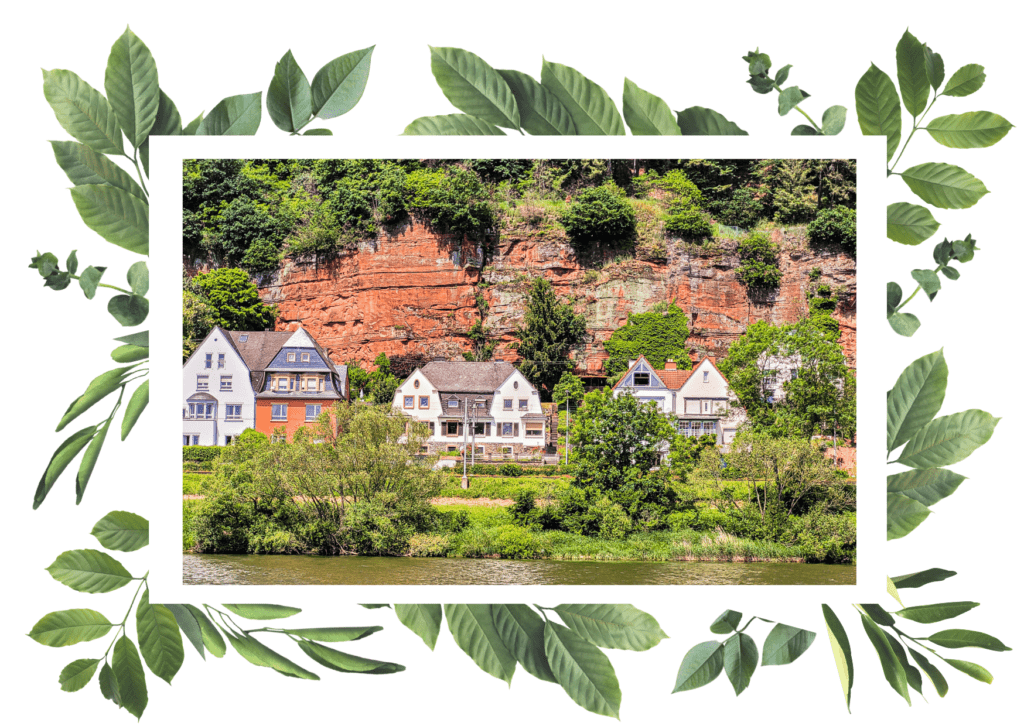
How to get around in Germany?
When it comes to exploring a new country, getting around can be a daunting task. Germany has an extensive and efficient transportation network that makes traveling within the country a breeze.
Train
The the most popular mode of transport in Germany is by train. The German railway system is known as Deutsche Bahn (DB) and it covers almost every corner of the country. You can choose from various types of trains, including ICE (high-speed), IC (intercity) and regional trains. It’s advisable to purchase a German Rail Pass if you plan on traveling extensively within the country as it offers discounted prices and unlimited travel for a certain period of time.
By car
If you prefer to explore Germany by road, then renting a car is the way to go. The Autobahn, or German motorway system, is famous for its high-speed stretches with no speed limit. But there are also sections with speed limits so make sure to pay attention to the signs. It’s worth noting that parking can be quite expensive in major cities like Berlin and Munich, so it may be best to use public transportation in these areas.
Buses, trams and metro
Germany has an reliable network of buses, trams and subways in major cities. In fact, the Berlin U-Bahn (subway) is one of the most efficient modes of transport in the world. You can purchase single tickets or day passes depending on your travel needs. It’s also worth considering getting a Berlin City Card, which offers discounts on public transportation and various attractions in the city.
Cycling
If you’re feeling adventurous and want to explore Germany’s scenic countryside, then cycling is a great option. Germany has well-maintained bike paths that will take you through picturesque landscapes and charming villages. You can rent bikes from various train stations or bike shops throughout the country.
River cruises
And let’s not forget about Germany’s waterways. A river cruise down the Rhine or Danube is a perfect way to take in the country’s beautiful scenery and charming towns. You can also rent kayaks or canoes to explore smaller rivers and lakes.
Best time to go
Germany is a captivating destination that offers something for every season. Each season has its unique charms, allowing you to select the perfect time to experience the beauty of Germany.
Spring
Spring in Germany is a magical time. The weather starts to warm up, the flowers start to bloom and the cities come alive with outdoor festivals and events. It’s a great time to visit if you want to avoid the peak summer crowds, but still experience pleasant weather. Plus, you’ll get to witness one of Germany’s most beloved traditions; Frühlingfest, or Spring Festival. Similar to Oktoberfest, this festival celebrates the arrival of spring with music, food and plenty of beer.
Summer
Summer is peak tourist season in Germany, and for good reason. The weather is warm and sunny, making it perfect for outdoor activities like hiking and biking. Plus, many cultural events take place during this time including open-air concerts, street fairs and food festivals. However, be prepared for larger crowds and higher prices during this time of year.
Fall
Fall in Germany is a beautiful sight to behold with its vibrant autumn foliage. The weather can be unpredictable, but you’ll have the chance to experience traditional harvest festivals like Oktoberfest and Zwiebelmarkt (Onion Market). Here you can sample seasonal foods and drinks. It’s also a great time to visit for those interested in local traditions and customs.
Winter
Winter in Germany is a true winter wonderland. With Christmas markets, ice skating rinks, and festive decorations decorating the streets, you’ll feel like you’ve stepped into a fairytale. Though the weather can be cold, it’s the perfect time to cozy up with a warm mug of glühwein (mulled wine) and indulge in traditional holiday treats like stollen and lebkuchen. Plus, you’ll have the chance to witness one of Germany’s most well-known events – the famous Christmas Markes.
So, no matter what time of year you plan your trip to Germany, you’re guaranteed to have a memorable and unforgettable experience.
Latest Germany articles
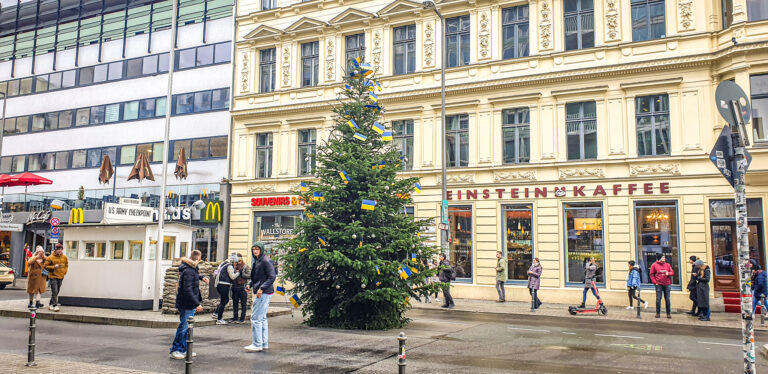
Monumental highlights to visit in Berlin
Discover the monumental highlights to visit in Berlin by the blend of history and modern architecture. From iconic landmarks like the Brandenburg Gate to avant-garde structures.
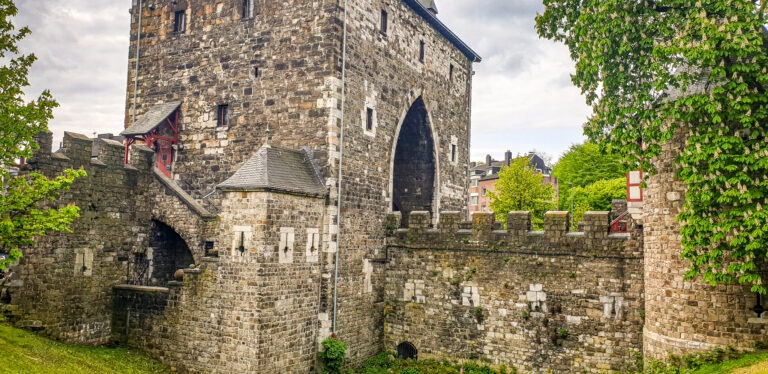
Monumental highlights to visit in Aachen, Germany
Explore the monumental highlights to visit in Aachen, Germany. It is a treasure trove for history enthusiasts and culture buffs alike.
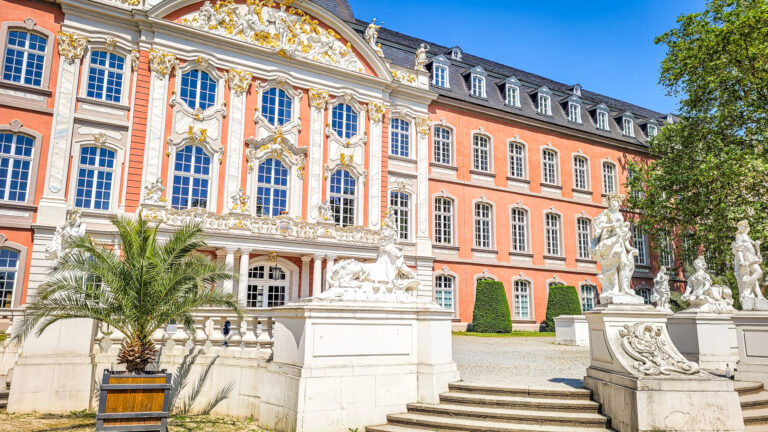
Discover the history, architecture and natural beauty of Trier in Germany in 2 days
If you’re looking for a city in Germany filled with history, stunning architecture, and beautiful scenery, then Trier should be on your list. Discover the
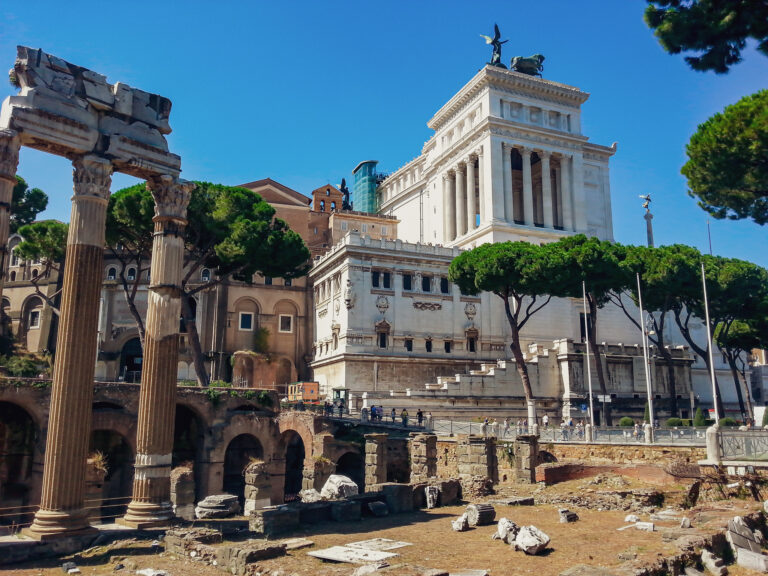
A beginners guide to architecture
Have you always wondered how the pyramids are built? Would you like to know the architectural style of Versailles? Or the Saint Pieter cathedral in Rome? Read more in the beginners guide to architecture.